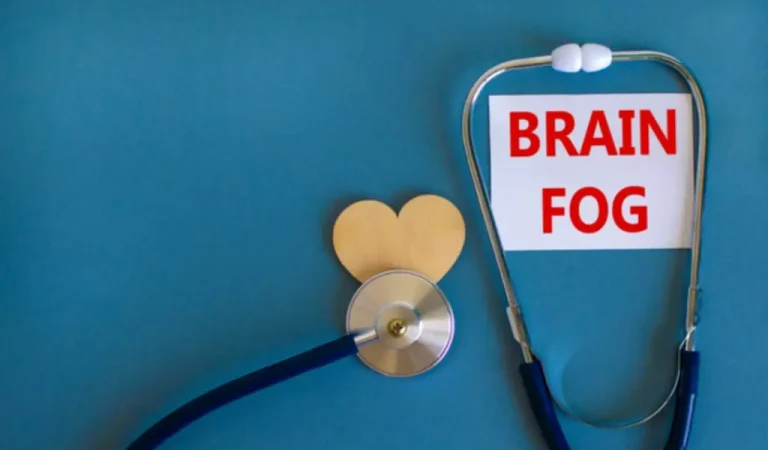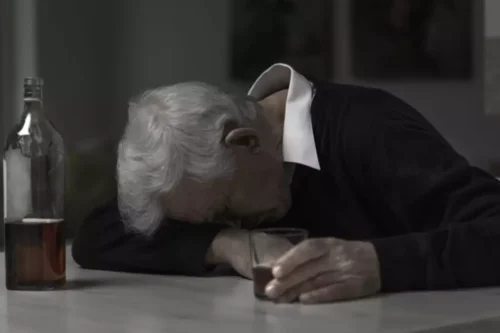
In some cases, they might use an oral challenge test to diagnose an allergy or intolerance. In this procedure, they will ask you to consume a sample of your suspected trigger. Some types of sulfites might also trigger an asthmatic attack if you have asthma. If you have this variant, it causes your body to produce less active ALDH2.
Alcohol And Muscle Relaxers: 4 Things To Know About This Risky Combination
The implication that a pure alcohol infusion acted as a bronchodilator and did not worsen asthma was important since some atopic patients report bronchospasm following ingestion of alcoholic beverages. Indeed, treatment with disodium cromoglycate, a drug that inhibits mast cell granule release and used in the treatment of asthma, prevented bronchospasm to the offending alcoholic beverage. Similar findings were obtained in another study that implicated the sulfur dioxide content in red wine as a likely trigger for bronchospasm in asthmatics rather than the alcohol itself (Dahl et al., 1986). These studies indicate that both the purity (pure ethanol vs. an alcoholic beverage) and the route (oral vs. intravenous) are factors that may determine how alcohol might modify airway function. An excellent review of alcoholic drinks as triggers for asthma has been previously published (Vally et al., 2000). Five of the six patients improved with the alcohol infusion and no adverse reactions were reported.
- Depending on the allergy severity, a person may treat symptoms with over-the-counter medications, such as oral antihistamines, if the reaction is mild.
- For example, aged cheese, smoked meats, sauerkraut, wine, and beer tend to be high in histamines.
- “The amount of sulphites contained in alcohol will vary between products, but sulphur dioxide is one of the fourteen major food allergens that are required by law to be included on labels.”
- Nasal rinse solutions can be bought pre-prepared in bottles or sachets.
How common is alcohol allergy?
If you are sick, you should stay home from work or school to reduce the spread. Most people who become sick with COVID-19 will have mild to moderate symptoms and can get better at home. Distinguishing COVID from a cold, flu, or allergies can be difficult if you rely on sneezing alone as a symptom. If you have a blocked or congested nose or lots of nasal discharge, it can stop your sinuses from draining properly into your nose. This means that the mucus in the sinuses becomes blocked and can be more easily infected. It can affect anyone of any age, although it affects adults more commonly than children.
How does alcohol affect allergies?
Intractable sneezing is an uncommon condition in which an individual sneezes a lot, and the sneezing does not get better with standard lines of treatment. However, if a sneezing fit goes on for a long time or keeps coming back despite conventional treatments, a person may wish to consider contacting a doctor. By increasing the amount of vitamin C in their diet, a person may potentially see a reduction in sneezing over time due to the vitamin’s immune-boosting effects.
Sulfur dioxide is another closely related chemical that can trigger reactions in some people. But experts do know that nonallergic rhinitis happens when blood vessels in the nose expand. These blood vessels fill the tissue that lines the inside of the nose. For instance, the nerve endings in the nose might react to triggers too easily. Prof Eccles recommends paracetamol, ibuprofen and aspirin for headaches, sinusitis, muscle aches and sore throats. Decongestant nasal sprays are also well worth investing in, he continues, containing oxymetazoline or xylometazoline, which constrict blood vessels to open up the nose and help you breathe better.
The Reason Behind Sneezing After Drinking
But there isn’t proof that alcohol makes the body’s response to allergens worse. Instead, many experts believe the effects of alcohol are similar to the side effects caused by allergies, according to a response from allergy expert Dr. Phil Lieberman. In the 19th century, Hyde Salter reported self-administration of high amounts of oral alcohol by three of his patients with severe asthma exacerbations and noted improvement of their symptoms (Salter, 1863). Soon after this finding was published, intermittent reports on the use of oral administration of pure alcohol diluted in water for treatment of asthma appear (Leffman, 1885; Richardson, 1881). Following the repeal of Prohibition in 1933, more rigorous studies using alcohol as a treatment for asthma began to appear.

What Are the Immediate and Long-Term Health Benefits After You Stop Drinking Alcohol?

Some researchers speculate that the condition represents exaggerated sensitivity of the lining tissues of the nose and sinuses. In the most sneezing after drinking alcohol severe cases, a food or drink allergy can lead to anaphylaxis. If you have any of these symptoms, you should seek emergency medical care.
However, once symptoms have gone, the dose of a steroid spray can often be reduced to a low maintenance dose each day to keep symptoms away. There are several types that you can buy at pharmacies, or get on prescription. Side-effects or problems with steroid nasal sprays are rare (read the packet leaflet for details). A steroid nasal spray such as beclometasone usually works well to clear all the nasal symptoms (itch, sneezing, watering and congestion). It is not clear how it helps the eye symptoms – but it often does!
- Normal lung airways branch and taper from the trachea down to terminal bronchi providing balanced and regulable airflow throughout the lung.
- Many studies have assessed pulmonary function in alcoholics.
- But what about if you feel funny while you’re still mid-drink?
- However, if you feel extraordinarily sick or are at high risk for severe complications, scheduling a telehealth visit with your healthcare provider is a good idea.
Alcohol allergy: all the signs to look out for (including going red when you drink)
- For example, if wine makes you sneeze, try drinking vodka or gin instead.
- The common cold does not cause aches and pains like COVID-19; you will typically feel better within a few days.
- In 1963 Herxheimer measured lung vital capacity (VC) in normal subjects and asthmatics following the ingestion of brandy, vodka or pure ethanol (Herxheimer and Stresemann, 1963).
- Even so, the common cold and allergies are a more likely cause of sneezing.
- Many symptoms of COVID-19, including sneezing, can occur with other conditions.
Analysis of data from 2,953 middle aged men from Finland, Italy and the Netherlands showed reduced COPD mortality in mild drinkers compared to non-drinkers (relative risk of 0.60). In contrast to mild drinkers, COPD mortality was increased in heavy-to-moderate drinkers (relative risk of 1.25). A similar U-shaped risk curve for reduced pulmonary function was observed among non-drinkers, mild drinkers and moderate-to-heavy drinkers. Importantly, the U-shaped risk curve was independent of age, height, body mass index (BMI), smoking status, energy intake or country.




